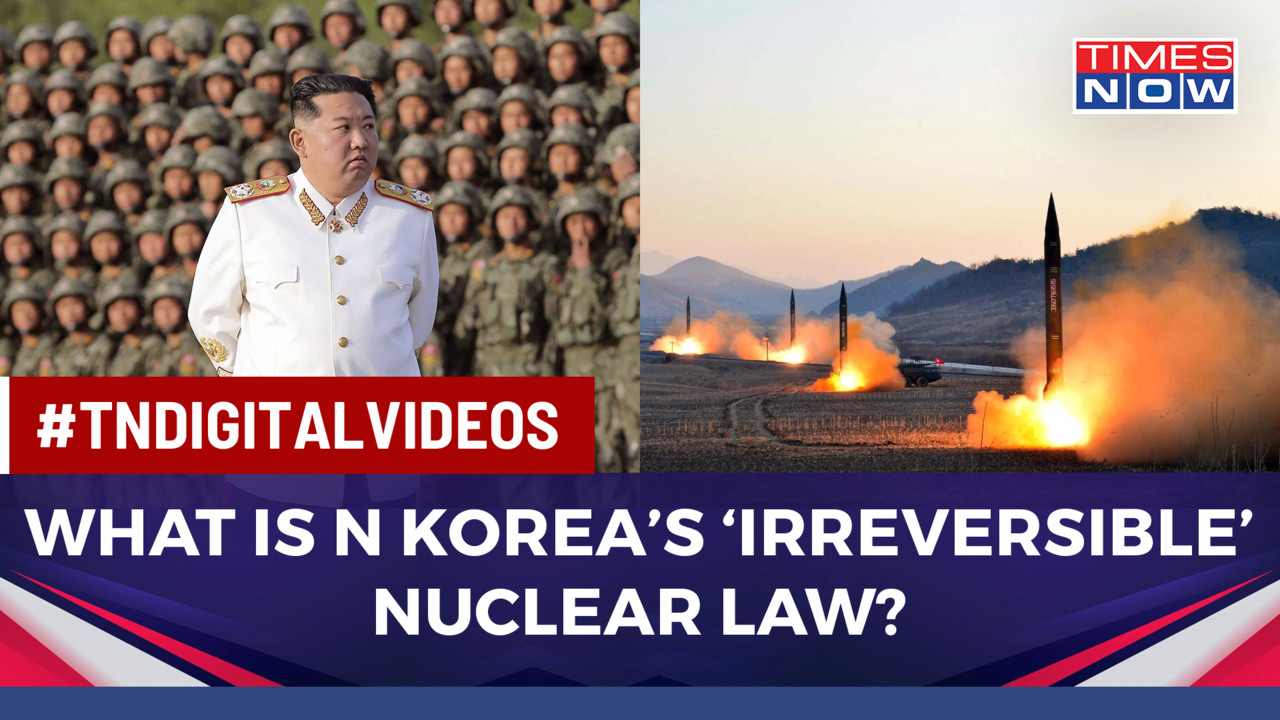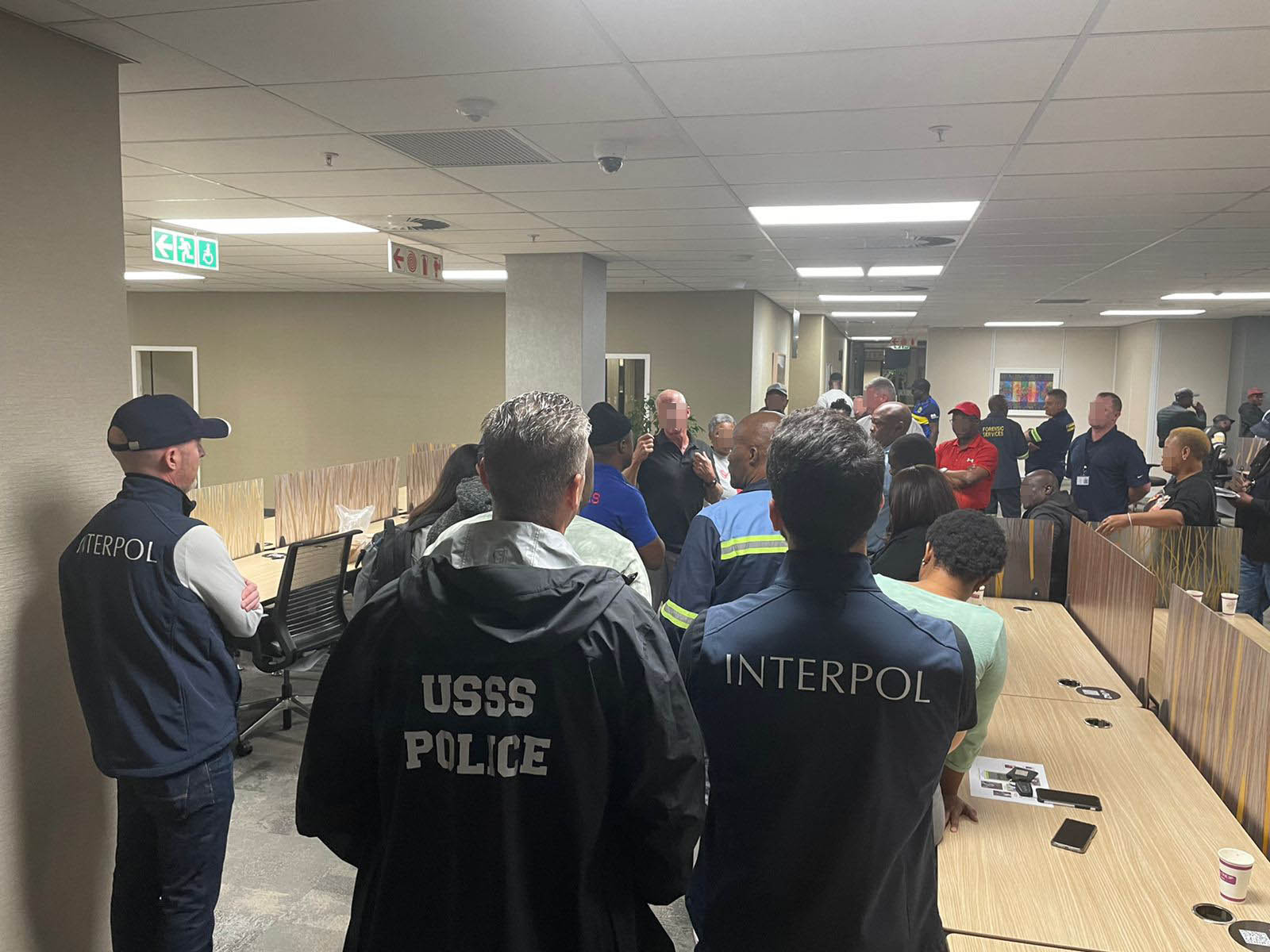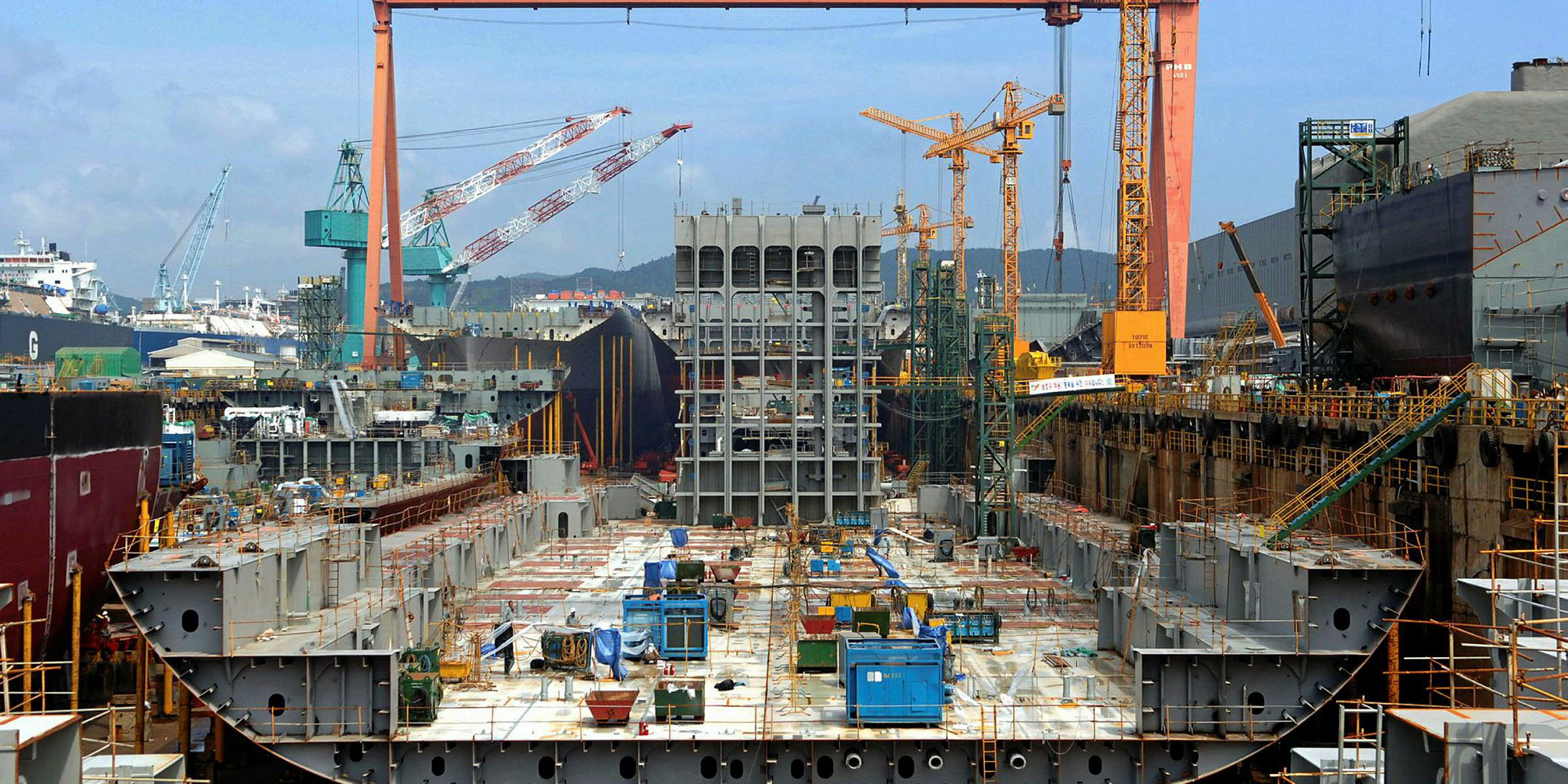North Korea Escalates Tensions with South Korea, Declaring it a 'Hostile State' and Threatening 'Offensive Forces'
North Korean leader Kim Jong Un has declared South Korea a “hostile state” and threatened to use “offensive forces” against Seoul, raising tensions on the Korean Peninsula to a new high. The report comes from the North Korean state news agency KCNA, which also published photos showing Kim conferring with high-ranking soldiers and poring over a map labeled “Seoul” at a command post.
The recent actions and threats follow North Korea’s demolition of road and rail links with South Korea this week, actions that underscored “not only the physical closure but also the end of the evil relationship with Seoul,” KCNA quoted Kim as saying. Kim has increasingly lashed out at South Korea this year, accusing Seoul of colluding with Washington to seek the collapse of his regime. He has also pushed for a clear break with decades of policy engagement with the South, including the scrapping of unification as a goal.
North Korea's Actions and Rhetoric
North Korea has been intensifying its hostile rhetoric in recent days, accusing the South’s military of flying drones over its capital on three days this month and threatening “a horrible disaster” if it detects another drone over its skies. While South Korea’s government has declined to say whether such drones were flown, it said to comment on the North’s claim would be to get drawn into a ploy.
The North's actions and rhetoric come in the wake of South Korea restarting loudspeaker propaganda broadcasts in May, after North Korea began flying balloons carrying garbage across the border to the South. These actions, combined with the recent drone accusations, have significantly raised tensions on the Korean peninsula.
US-South Korea Alliance
Kim also stated that the changed nature of the South Korea-U.S. alliance, along with their different, more developed military maneuvers, highlight the importance of a stronger North Korean nuclear deterrent. He described the US-South Korea alliance as “a nuclear alliance” and said North Korea would “never tolerate the balance of strength being disturbed on the Korean peninsula.”
On Friday, the top military commanders of South Korea and the United States held an annual Military Committee Meeting and expressed concern over security challenges stemming from North Korea’s threats. The Joint Chiefs of Staff said in a statement, “Both leaders underscored that the DPRK’s provocative acts, and the DPRK’s enhanced military cooperation with Russia destabilize peace and security on the peninsula and across the globe.”
International Reactions and Concerns
The escalating tensions have drawn concern from the international community, with the US and South Korea expressing their concerns over North Korea's actions. Experts say Kim's recent moves are aimed at consolidating his power and deterring external threats.
Yang Moo-jin, president of the University of North Korean Studies in Seoul, said, “Kim is trying to mentally fortify the frontline soldiers with his comments. This ‘two hostile countries’ rhetoric is, in the end, Kim Jong Un’s survival strategy... Don’t interfere, live separately as a hostile country. It’s a path (North Korea) has never gone before, and no one can be sure about its success.”
Looking Ahead: Potential for Escalation
The potential for further escalation remains a significant concern. North Korea's latest actions and threats, including the demolition of road and rail links, the drone accusations, and the declaration of South Korea as a 'hostile state', raise questions about Kim's ultimate intentions and the future of relations between the two Koreas. The international community will be closely watching the situation to assess the risks of further escalation and potential for diplomatic solutions.
The Price of Peace: A Balancing Act on the Korean Peninsula
While North Korea's recent actions have significantly raised tensions on the Korean peninsula, it's important to remember that the path to peace on the Korean peninsula is a complex and delicate one, requiring careful diplomacy and understanding of all parties involved. While North Korea continues to engage in provocative actions, the international community must maintain a balance between deterring aggression and fostering dialogue to find a sustainable solution that addresses North Korea's security concerns and promotes stability in the region.
The situation on the Korean peninsula is a stark reminder of the fragility of peace and the importance of continuous efforts to prevent conflict and promote cooperation.

















